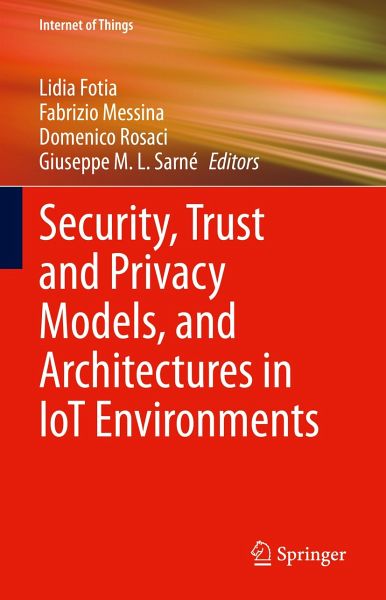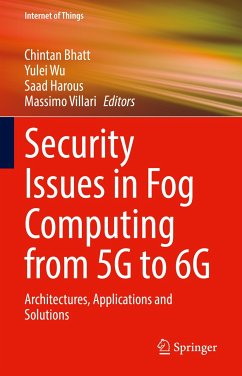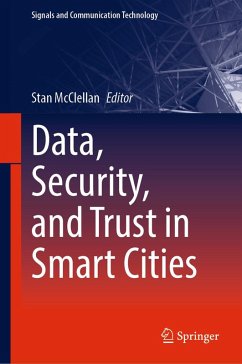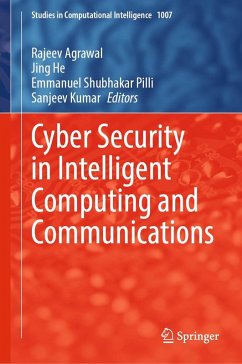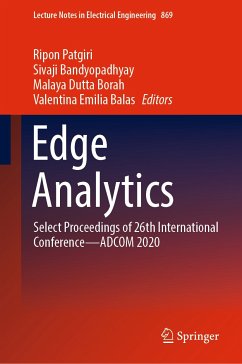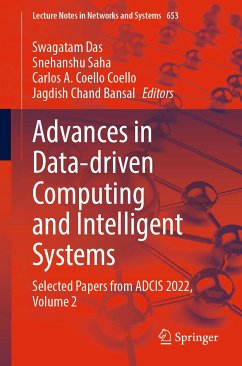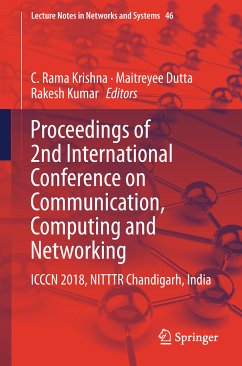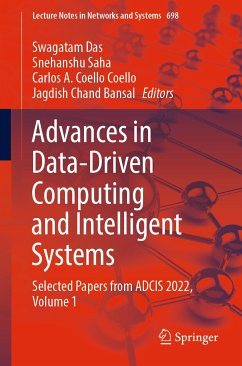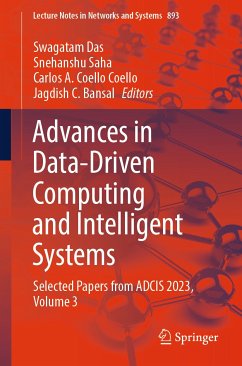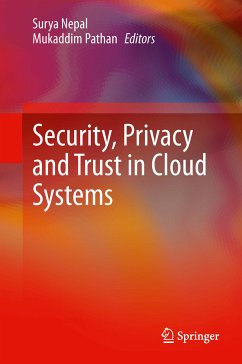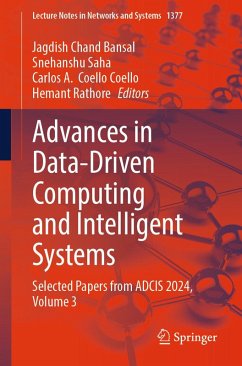Lidia Fotia is Assistant Professor at the DIEM Department of the University of Salerno, Italy. In 2014 she took the PhD degree in Information Engineering at University of Reggio Calabria. Her research activity mainly falls in the field of Internet of Things. In particular, her research interests include Trust and Reputation Systems, Security and Privacy, Multi-Agent Systems, Social Network Analysis, Artificial Neural Networks, Edge computing, and Internet of Things. She is author of about 39 scientific papers. She has published in international journals (e.g., Simulation Modelling Practice and Theory, Future Generation Computer Systems, IEEE Access, Information Systems, Information Sciences, etc.) and, in particular she is author multiple papers in the area. Fabrizio Messina is Assistant Professor of Computer Science with Tenure Track at the Department of Mathematics and Informatics of the University of Catania, Italy. He is eligible for the functions of Associate Professoron the basis of the national procedure. In 2009 he took the PhD degree in Computer Science at the University of Catania. In 2018 he was visiting Professor at the University of Derby, UK. He teaches the course of Basic C++ Programming and Laboratory for the Bachelor Degree of Computer Science at the University of Catania. His research activity mainly falls in the field of Artificial Intelligence for IoT and Cloud Computing. In particular, his research interests include Trust and Reputation Systems for IoT and Cloud, Multi-Agent Systems for IoT, Cloud Computing, and Software Simulations. He is the author of about 100 scientific papers in Proceedings and International Journals. Domenico Rosaci is Associated Professor of Computing Engineering at the DIIES Department of the University "Mediterranea" of Reggio Calabria, Italy. He is eligible for the functions of Full Professor on the basis of the national procedure. In 1999 he took the PhD degree in Electronic Engineering at University of Reggio Calabria. In 1996 he was visiting PhD student at the Swiss Federal Institute of Technoly (EPFL) of Lausanne, Swiss. He teaches the course of Foundations of Computer Science and the course of Web Engineering. His research activity mainly falls in the field of Distributed Artificial Intelligence. In particular, his research interests include Trust and Reputation Systems; Multi-Agent Systems; Social Network Analysis; Semantic Web and Ontologies; User Modeling and Personalization; and Artificial Neural Networks. He is author of about 150 scientific papers. He has published in top level international journals (e.g ACM TOIT, ACM TOIS, ACM TAAS, IEEE TOC, VLDB Journals, etc.). Giuseppe M. L. Sarnè is Associated Professor of Information Processing Systems at the Psychology Department of the University Milano-Bicocca, Italy. He is eligible for the functions of Full Professor on the basis of the national procedure. He served as a referee for international journals and he wasmember of conference program committees. He is/was member of scientific societies, institutes, research laboratories; coordinator/member of several research groups within funded projects/research/studies at national and international level; fellowship at Univ. of Derby. He is Senior IEEE member. He is Associated Editor of "Electronic Commerce Research and Applications" (Elsevier) and of "Big Data and Cloud Computing" (MPDI). He has collaborated with several research institutes, agencies, private companies, also in the context of international collaboration agreements. He teaches in several courses of computer science. His research activity mainly falls in the field of Distributed Artificial Intelligence. In particular, his research interests include Trust and Reputation Systems; Multi-Agent Systems; Social Network Analysis; User Modeling and Personalization; Intelligent Transportation Systems, and Recommender Systems; He is author of about150 scientific papers. He has published in toplevel international journals (e.g., IEEE TOC, ACM TOIT, ACM TOIS, IEEE CA/Sinica, FCGS Journals, etc.).
